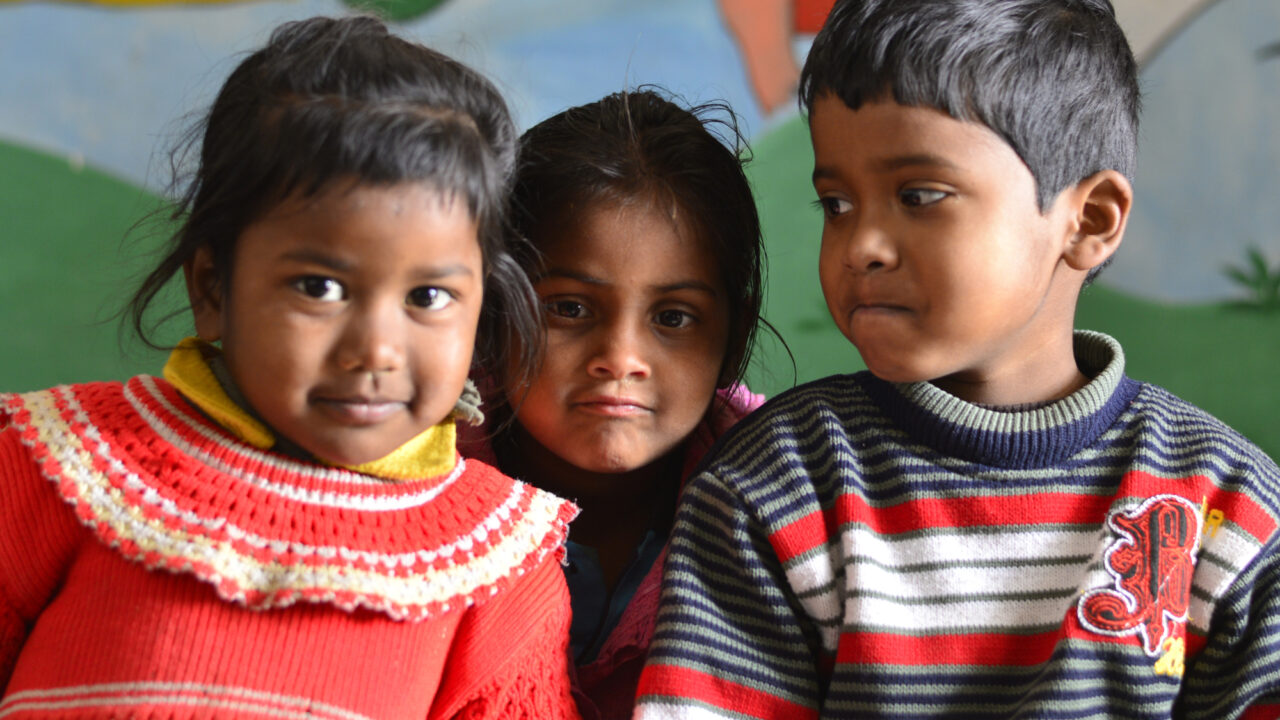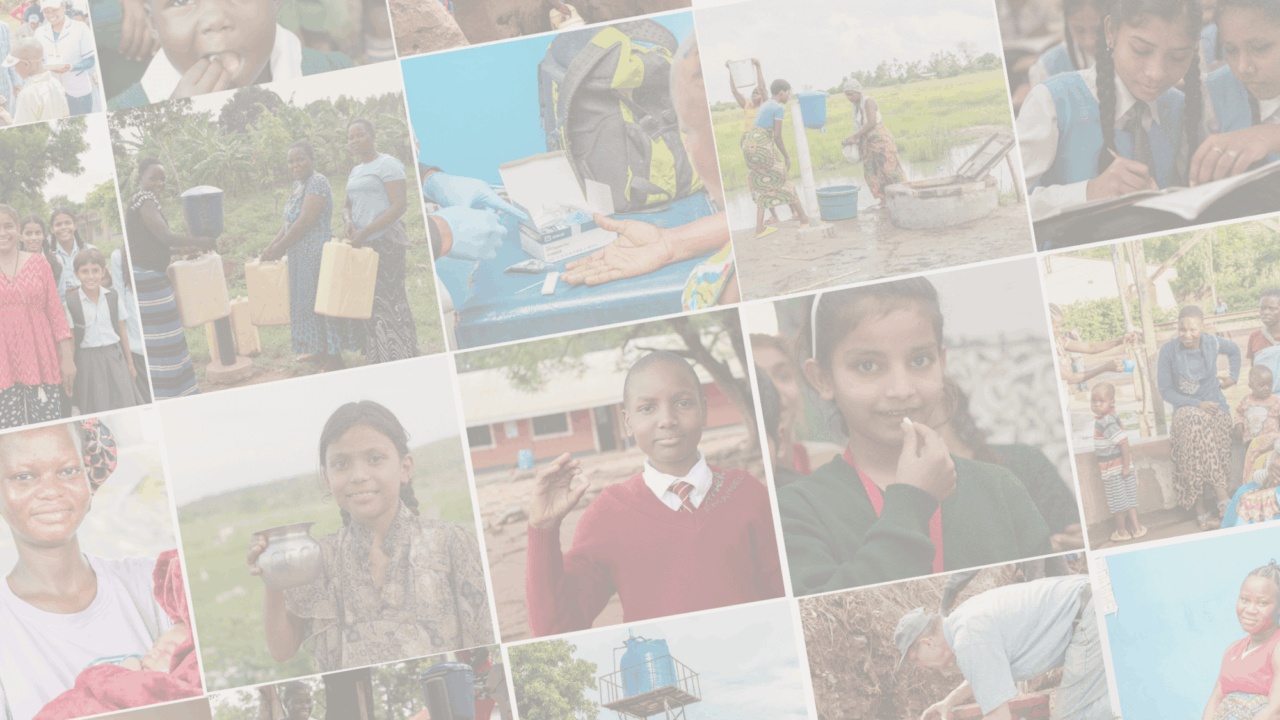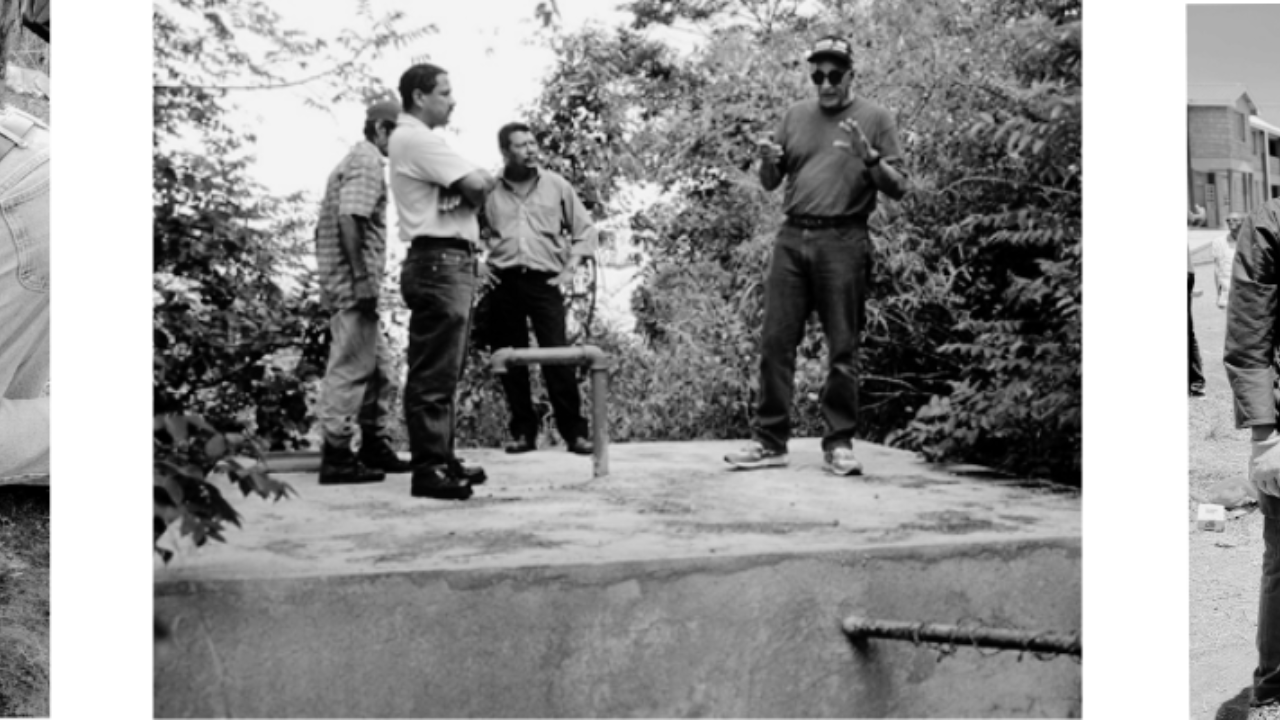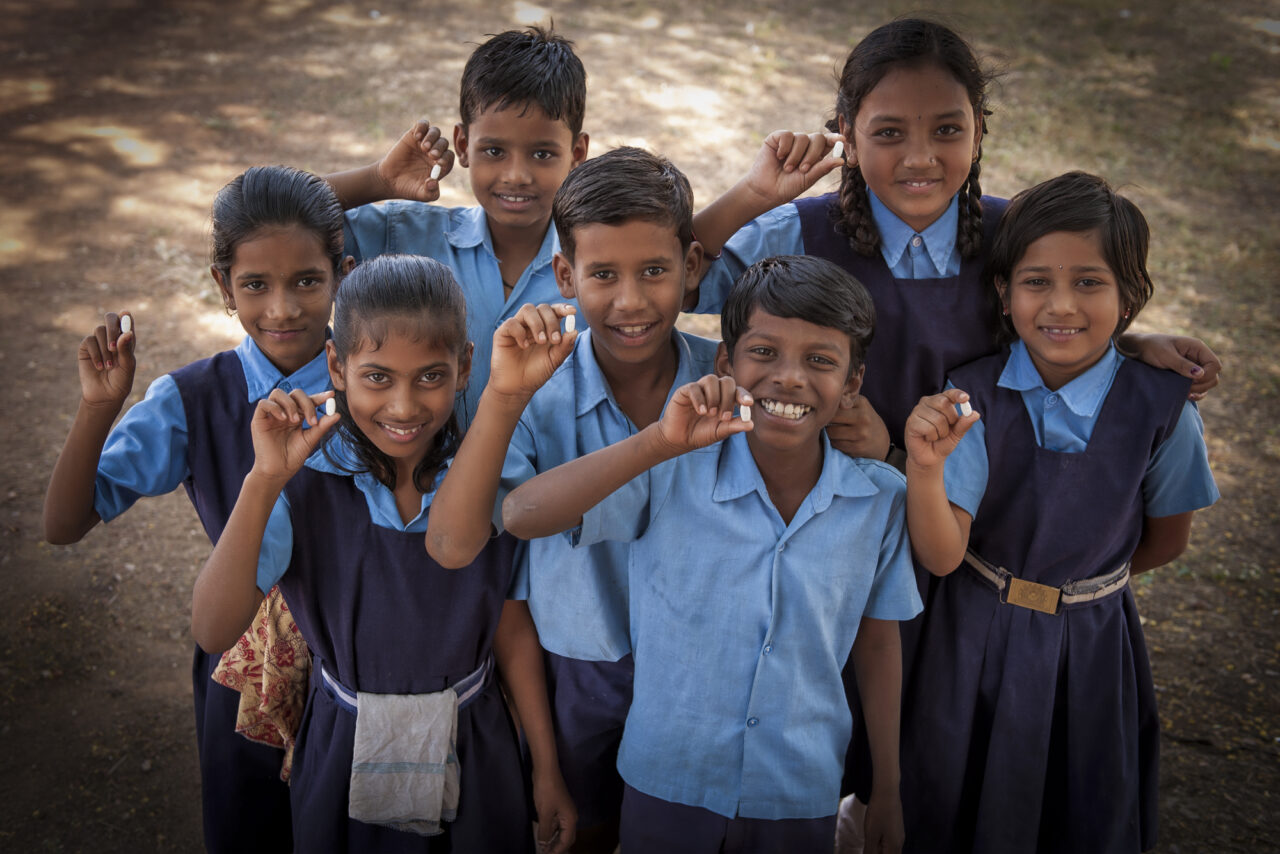
Our work in Kenya
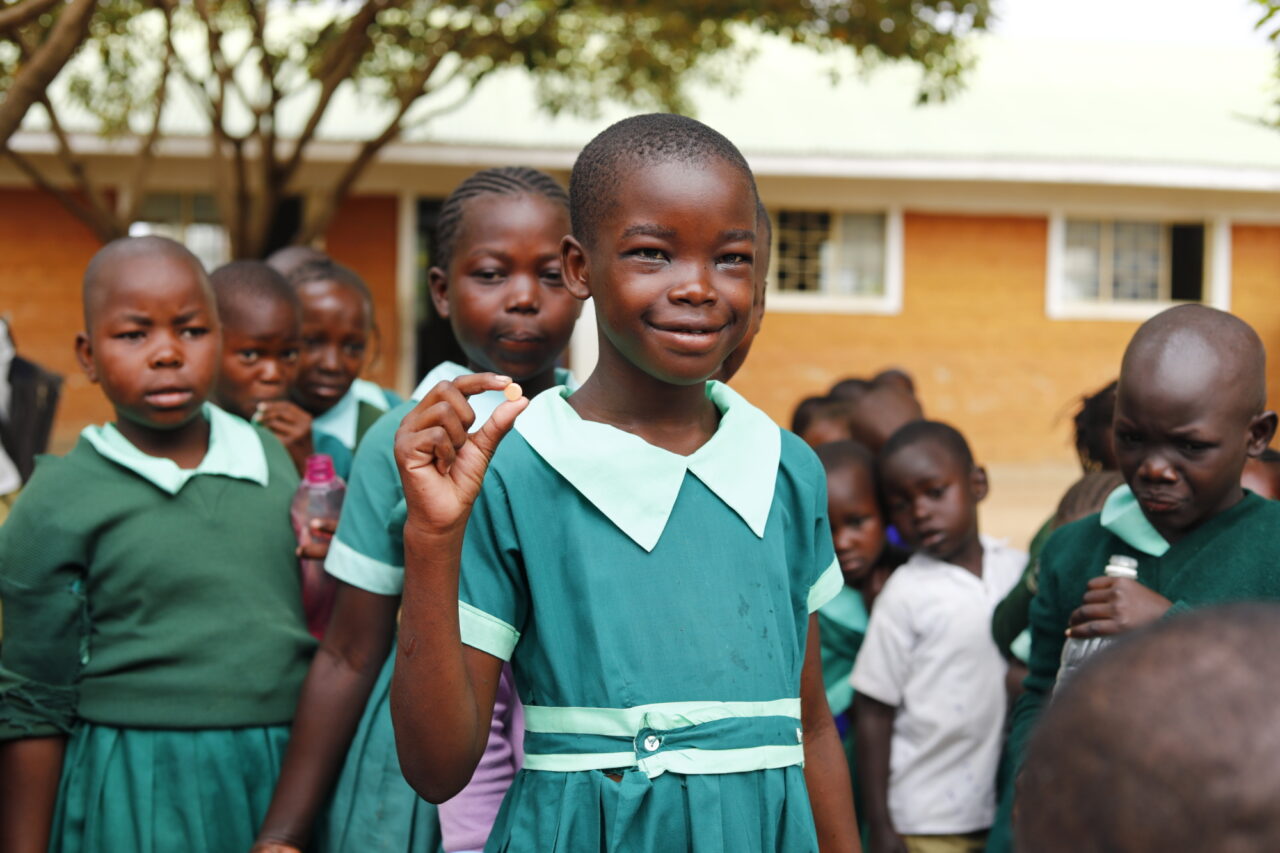
We’ve been combating parasitic worm infections and providing lifesaving access to safe water in Kenya for over decade — and we’re not done yet.
Through Deworm the World, we work closely with the Kenyan government to deliver effective, low-cost school-based deworming treatments. With over 62 million treatments delivered since 2012, the program has resulted in significant decreases in worm infections, from 33% to below 5% for soil-transmitted helminths and 18% to <2% for schistosomiasis. We’re helping the government adapt the program as worm burdens continue to fall.
Kenya is where the school-based deworming model was first proven. A randomized controlled trial (RCT) in the early 2000s evaluated a school deworming program across 75 schools in the Busia district. The study found that school-based deworming significantly reduced worm infections and decreased school absenteeism by 25%. Those findings led to the increased momentum for school-based deworming in Kenya and beyond.
With Safe Water Now, we provide ongoing access to safe drinking water for over 2 million people in Kenya. We maintain nearly 19,000 chlorine dispensers across rural communities as of December 2023, and we’re testing in-line chlorination in Nairobi to better understand how to adapt the intervention to an urban context.
We have over 200 team members based in Kenya, and our office in Nairobi also serves as our Africa regional office, as well as our hub for the East and Southern Africa subregion.
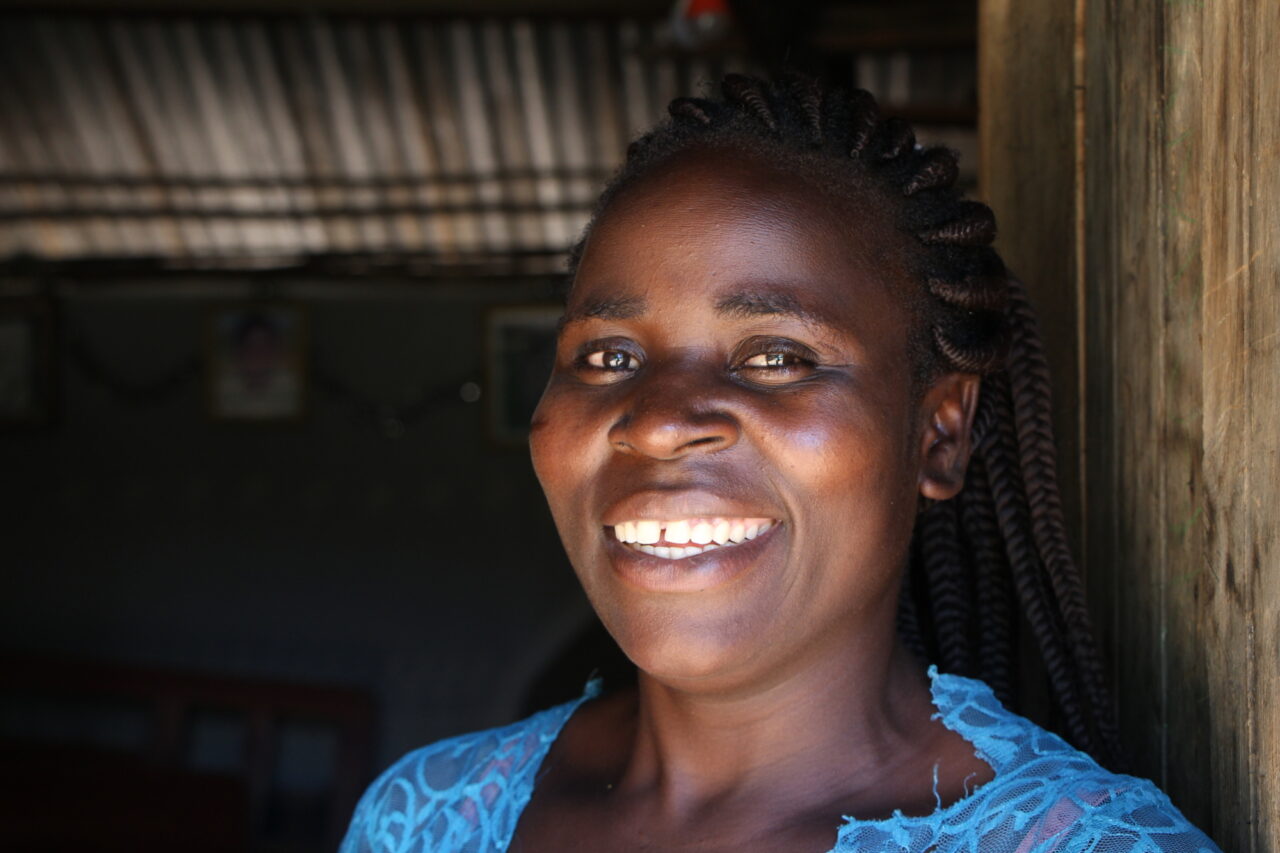
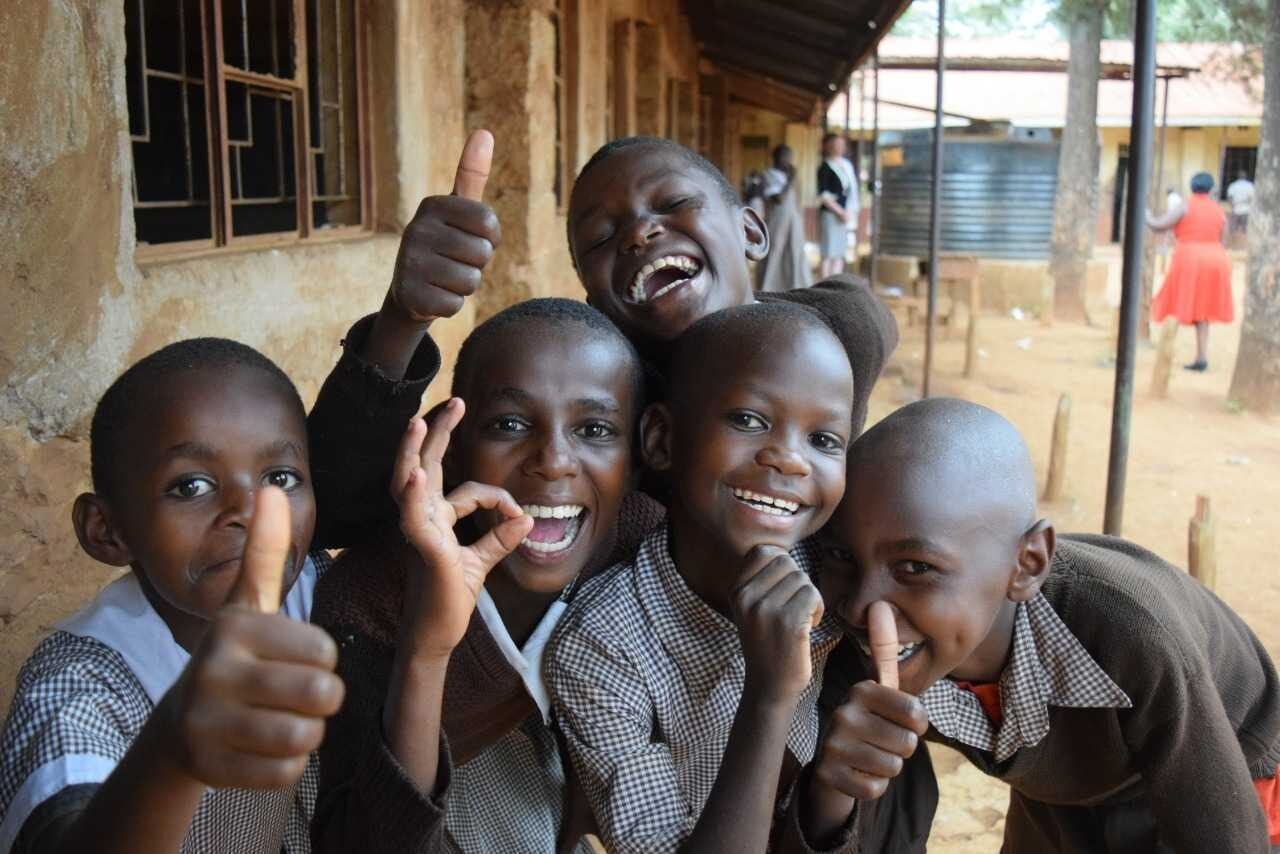
We reach millions of people in Kenya through Deworm the World and Safe Water Now.
- 58M
- deworming treatments delivered since 2014
- <$0.50
- per child, per year for deworming treatments
- 1.9M
- people with access to safe water as of December 2023
- 90K+
- DALYs averted since 2013
- 3.8K+
- children’s lives under five saved since 2013
What health programs does Evidence Action support in Kenya?
We scale health interventions that have significant impact on the wellbeing of millions of Kenyans.

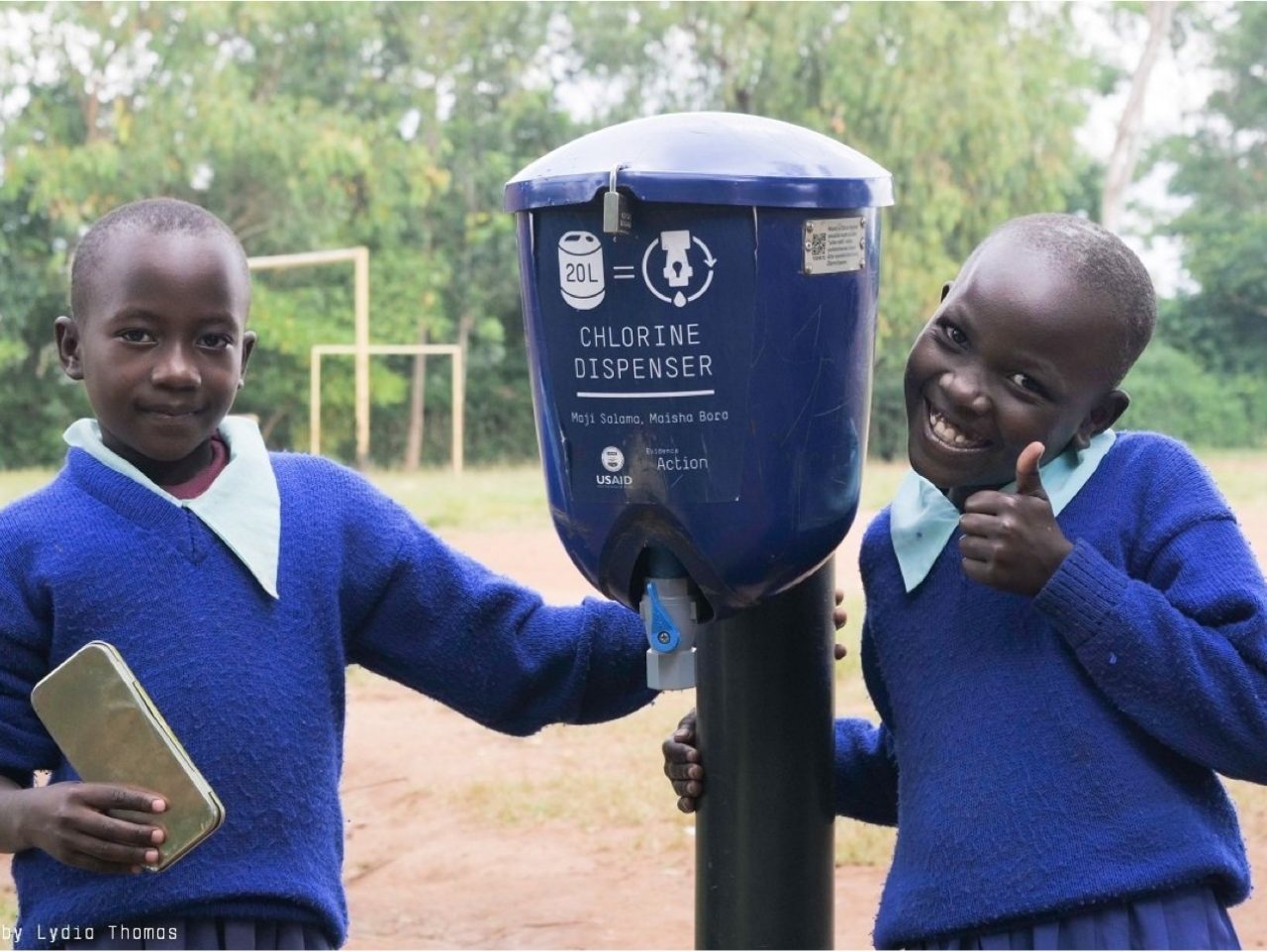
Safe Water Now
Scaled

Our Partners
We work in collaboration with Kenya’s Ministry of Education, Ministry of Health, the Kenya Medical Research Institute, and county governments.
